
Joseph Haydn performed by Boston Baroque under Martin Pearlman – The Creation (2012)
FLAC (tracks) 24 bit/192 kHz | Time – 96:51 minutes | 4,38 GB | Genre: Classical
Official Digital Download – Source: Linn Records | Covers & Digital Booklet
The three-time Grammy-nominated Boston Baroque, widely regarded as ‘one of the world’s premier period-instruments bands’, marks the beginning of its relationship with Linn with a two-disc recording of Haydn’s The Creation. The Creation remains one of the greatest works in the choral repertoire and has been astonishing audiences since its premiere in 1798.
Boston Baroque, conducted by Martin Pearlman recorded Haydn’s masterpiece at Mechanics Hall in Worchester, Massachusetts. The soloists Amanda Forsythe soprano, Keith Jameson tenor and Kevin Deas bass-baritone joined the ensemble for the performance of Haydn’s crowning achievement.
The ensemble’s previous performances of The Creation have received rave reviews, with the Boston Globe stating: ‘Boston Baroque performed Haydn’s Creation – with vibrant color and a fleet momentum…and made it a vivid, effervescent occasion’.
Booklet Note:
From its very first performance in Vienna in April of 1798, The Creation caused an unprecedented sensation throughout Europe. It was seen as the crowning achievement of the greatest living composer and box office receipts for the premiere broke all records. With tickets hard to come by, market stalls had to be cleared in front of the theatre, and foot police were hired to control the crowd. Following the Paris premiere Napoleon – who was nearly assassinated in the plot of Rue Saint-Nicaise on his way to the theatre – had a medal struck in honour of the composer.
In Vienna, Haydn’s oratorio has been performed every year since its premiere and has enjoyed the unique stature that Handel’s Messiah has in English-speaking countries. Elsewhere, however, the work, and particularly its text, gradually began to come in for criticism. At a time when a great deal of literature was censored in Vienna for its revolutionary tendencies, some saw dangerous Masonic influences in the text and the church banned performances in its buildings. Nonetheless, government authorities generally considered the libretto of The Creation to be safe and conservative. It reads like a Baroque text, influenced in part by Handel’s oratorios: it is based on a biblical model with old-fashioned symbolism and musical depictions of animals and other effects. While all this worked well with the Viennese, the more up-to-date – and less censored – German literati began after a few years to criticize it as backward. Schiller, whose plays were banned in Vienna, called the libretto a ‘characterless mishmash’ and considered the word painting in the music to be simplistic.
In England, where Haydn’s recent visits were still remembered with admiration, the music was an enormous success, even after the libretto eventually began to be criticized. But here there was another element at work. As popular as Haydn was, there were increasingly strong suggestions that it was presumptuous to try to compete with the enshrined oratorios of their ‘native’ son Handel. A newspaper review of the London premiere began the attack gently: ‘[The Creation], although not equal in grandeur to the divine compositions of the immortal HANDEL, is nevertheless, on the whole, a very charming production.’
By the end of the nineteenth century, The Creation was in low repute and rarely heard outside Vienna, except for some of its solo arias, which were used as recital pieces. The libretto, according to one biographer of the time, was in places ‘more than modern flesh and blood can bear … In another fifty years, perhaps, the critic will be able to say that [the work’s – main interest is largely historic and literary.’ Nearly fifty years later, however, almost the opposite happened. In 1949, the short-lived Haydn Society, a company created by the scholar H. C. Robbins Landon, issued the first recording of The Creation and touched off its rapid revival as one of the greatest and most popular works of the choral repertoire. Today, even the librettist of this great work is generally admired as a fine collaborator who could inspire Haydn’s genius.
Tracklist:
01 – Part 1, Prelude: ‘Die Vorstellung des Chaos’
02 – Part 1, No. 1, Recitativ mit Chor: ‘Im Anfange schuf Gott Himmel und Erde’
03 – Part 1, No. 2, Arie mit Chor: ‘Nun schwanden vor dem heiligen Strahle’
04 – Part 1, No. 3, Recitativ: ‘Und Gott machte das Firmament’
05 – Part 1, No. 4, Solo mit Chor: ‘Mit Staunen sieht das Wunderwerk’
06 – Part 1, No. 5, Recitativ: ‘Und Gott sprach: Es sammle sich das Wasser’
07 – Part 1, No. 6, Arie: ‘Rollend in schaumenden Wellen’
08 – Part 1, No. 7, Recitativ: ‘Und Gott sprach: Es bringe die Erde Gras hervor’
09 – Part 1, No. 8, Arie: ‘Nun beut die Flur das frische Grun’
10 – Part 1, No. 9, Recitativ: ‘Und die himmlischen Heerscharen’
11 – Part 1, No. 10, Chor: ‘Stimmt an die Saiten’
12 – Part 1, No. 11, Recitativ: ‘Und Gott sprach: Es sei’n Lichter an der Feste’
13 – Part 1, No. 12, Recitativ: ‘In vollem Glanze steiget jetzt ‘
14 – Part 1, No. 13, Terzett mit Chor: ‘Die Himmel erzahlen die Ehre Gottes’
15 – Part II, No. 14, Recitativ: ‘Und Gott sprach: Es bringe das Wasser’
16 – Part II, No. 15, Arie: ‘Auf starkem Fittiche schwinget sich’
17 – Part II, No. 16, Recitativ: ‘Und Gott schuf grosse Walfische’
18 – Part II, No. 17, Recitativ: ‘Und die Engel ruhrten ihr’ unsterblichen Harfen’
19 – Part II, No. 18, Terzett mit Chor: ‘In holder Anmut stehn, mit jungem Grun’
20 – Part II, No. 19, Recitativ: ‘Und Gott sprach: Es bringe die Erde hervor’
21 – Part II, No. 20, Recitativ: ‘Gleich offnet sich der Erde Schoss’
22 – Part II, No. 21, Arie: ‘Nun scheint in vollem Glanze der Himmel’
23 – Part II, No. 22, Recitativ: ‘Und Gott schuf den Menshen’
24 – Part II, No. 23, Arie: ‘Mit Wurd’ und Hoheit angetan’
25 – Part II, No. 24, Recitativ: ‘Und Gott sah jedes Ding’
26 – Part II, No. 25, Terzett mit Chor: ‘Zu dir, o Herr, blickt alles auf’
27 – Part III, No. 30: Recitativ: ‘Aus Rosenwolken bricht’
28 – Part III, No. 31: Duett mit Chor: ‘Von deiner Gut’, o Herr und Gott’
29 – Part III, No. 28: Recitativ: ‘Nun ist die erste Pflicht erfullt’
30 – Part III, No. 29: Duett: ‘Holde Gattin, dir zur Seite’
31 – Part III, No. 34: Recitativ: ‘O glucklich Paar, und glucklich immerfort’
32 – Part III, No. 35: Chor: ‘Singt dem Herrn alle Stimmen’
Personnel:
BOSTON BAROQUE
MARTIN PEARLMAN
AMANDA FORSYTHE soprano
KEITH JAMESON tenor
KEVIN DEAS bass-baritone
Download:
mqs.link_BstnBarqueMartinPearlmanHaydn.TheCreatin2012LINN24192.part1.rar
mqs.link_BstnBarqueMartinPearlmanHaydn.TheCreatin2012LINN24192.part2.rar
mqs.link_BstnBarqueMartinPearlmanHaydn.TheCreatin2012LINN24192.part3.rar
mqs.link_BstnBarqueMartinPearlmanHaydn.TheCreatin2012LINN24192.part4.rar
mqs.link_BstnBarqueMartinPearlmanHaydn.TheCreatin2012LINN24192.part5.rar
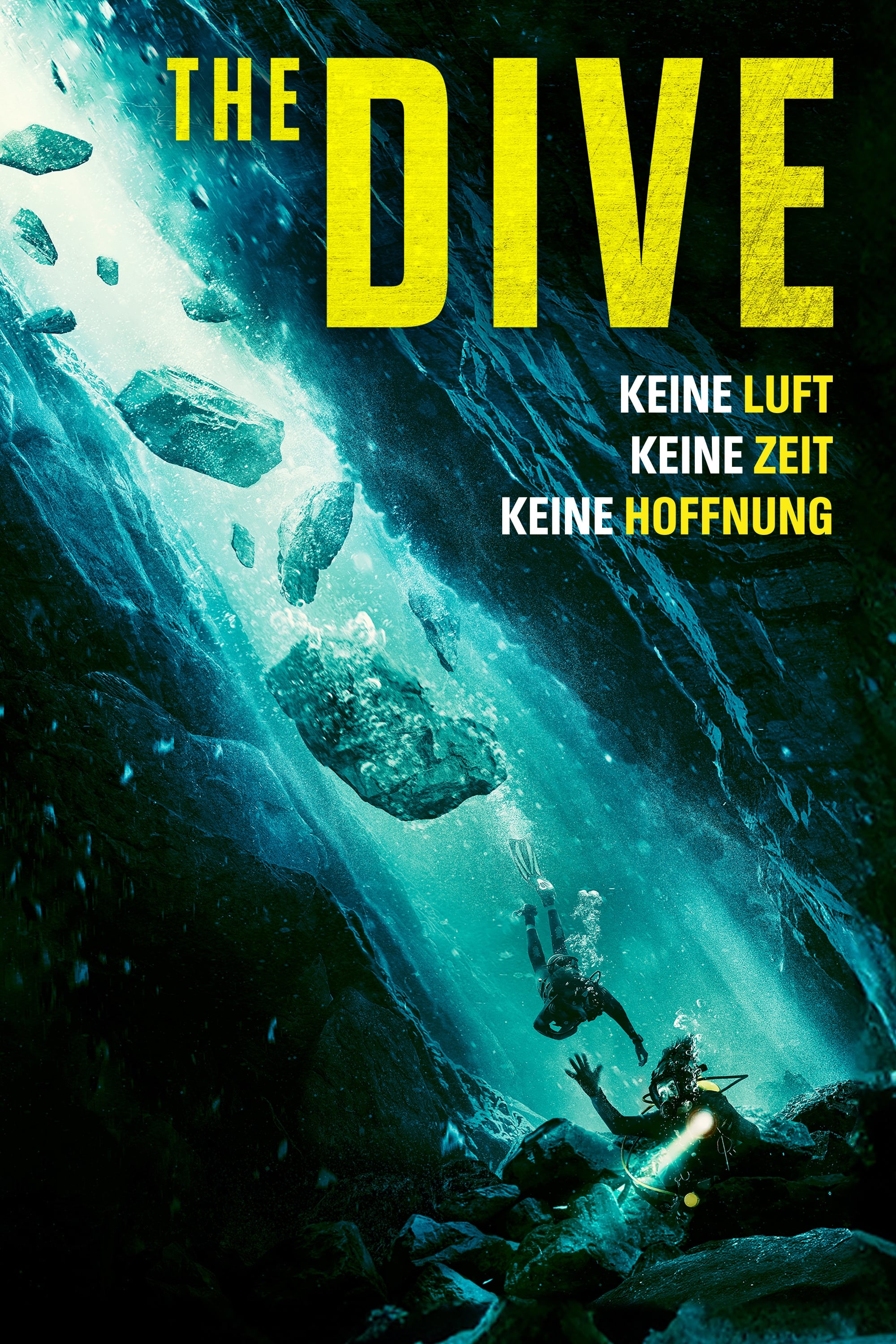

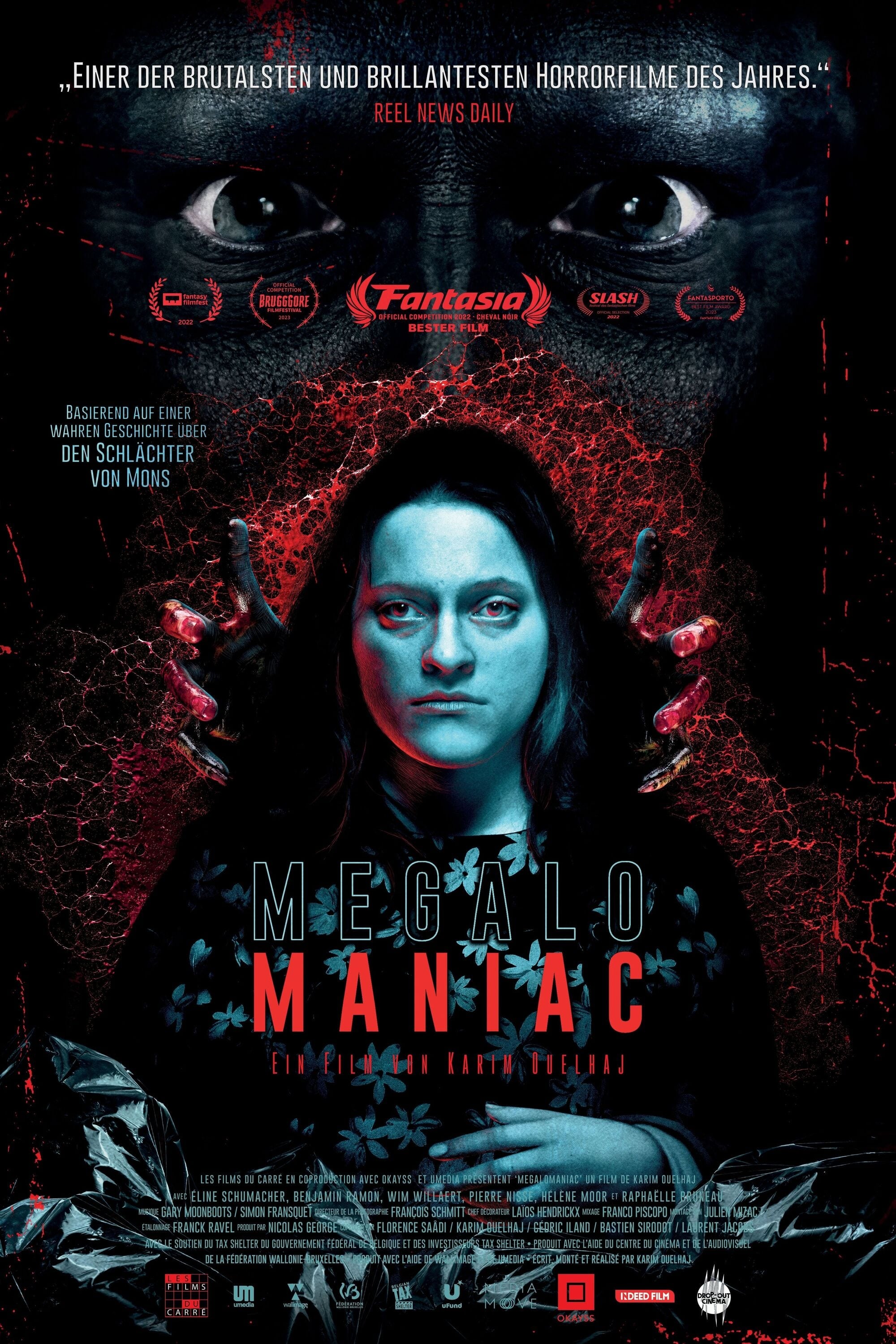
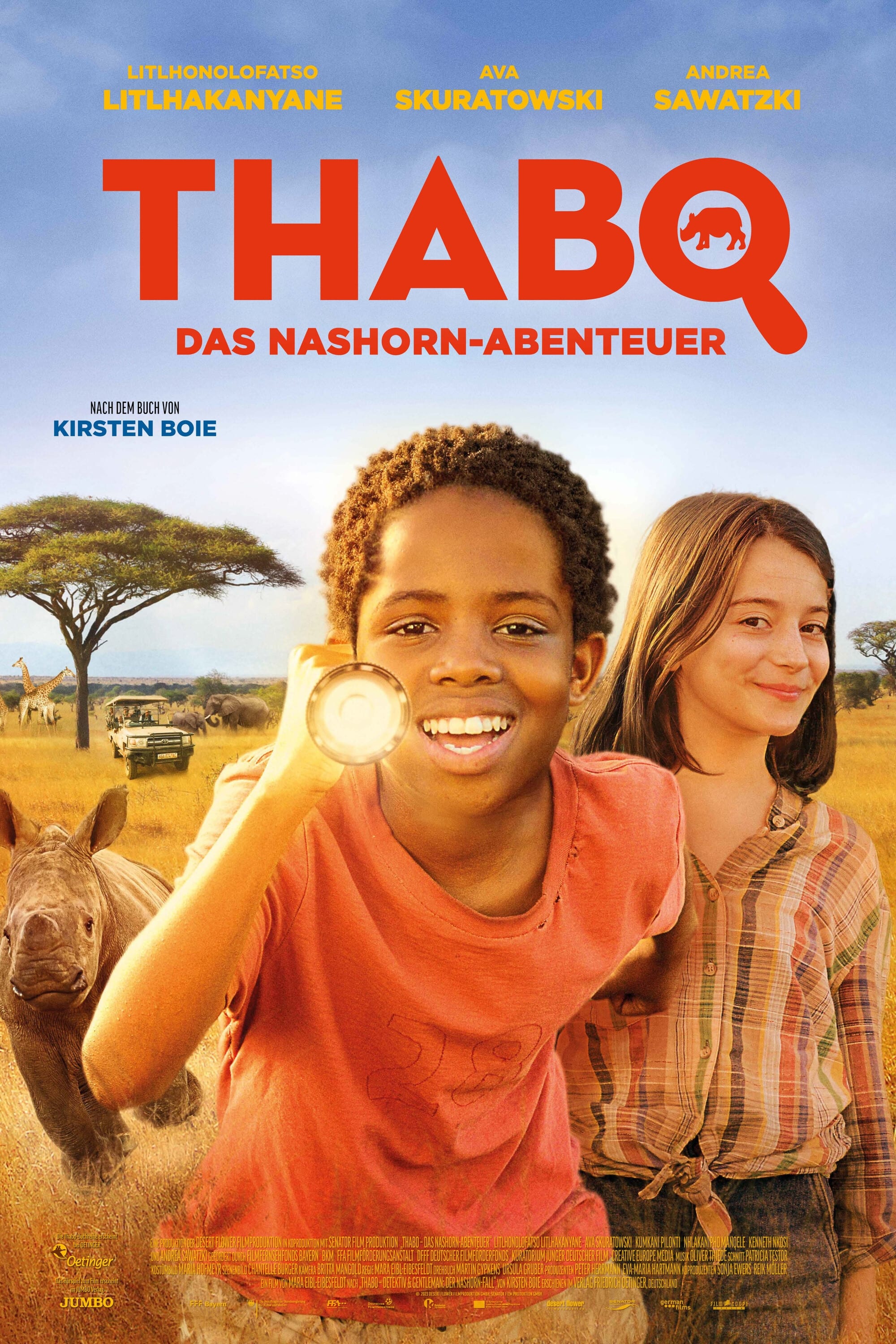
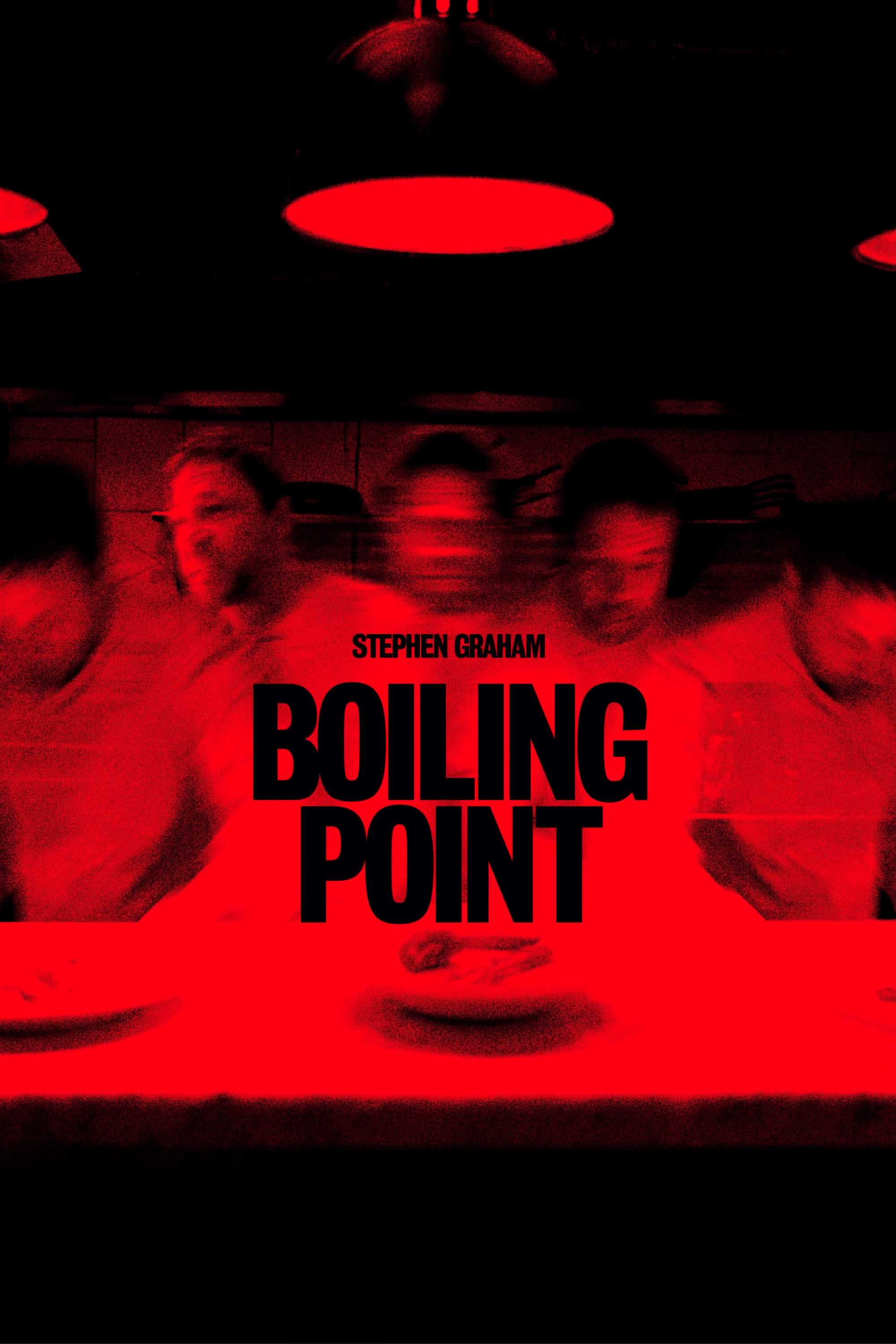


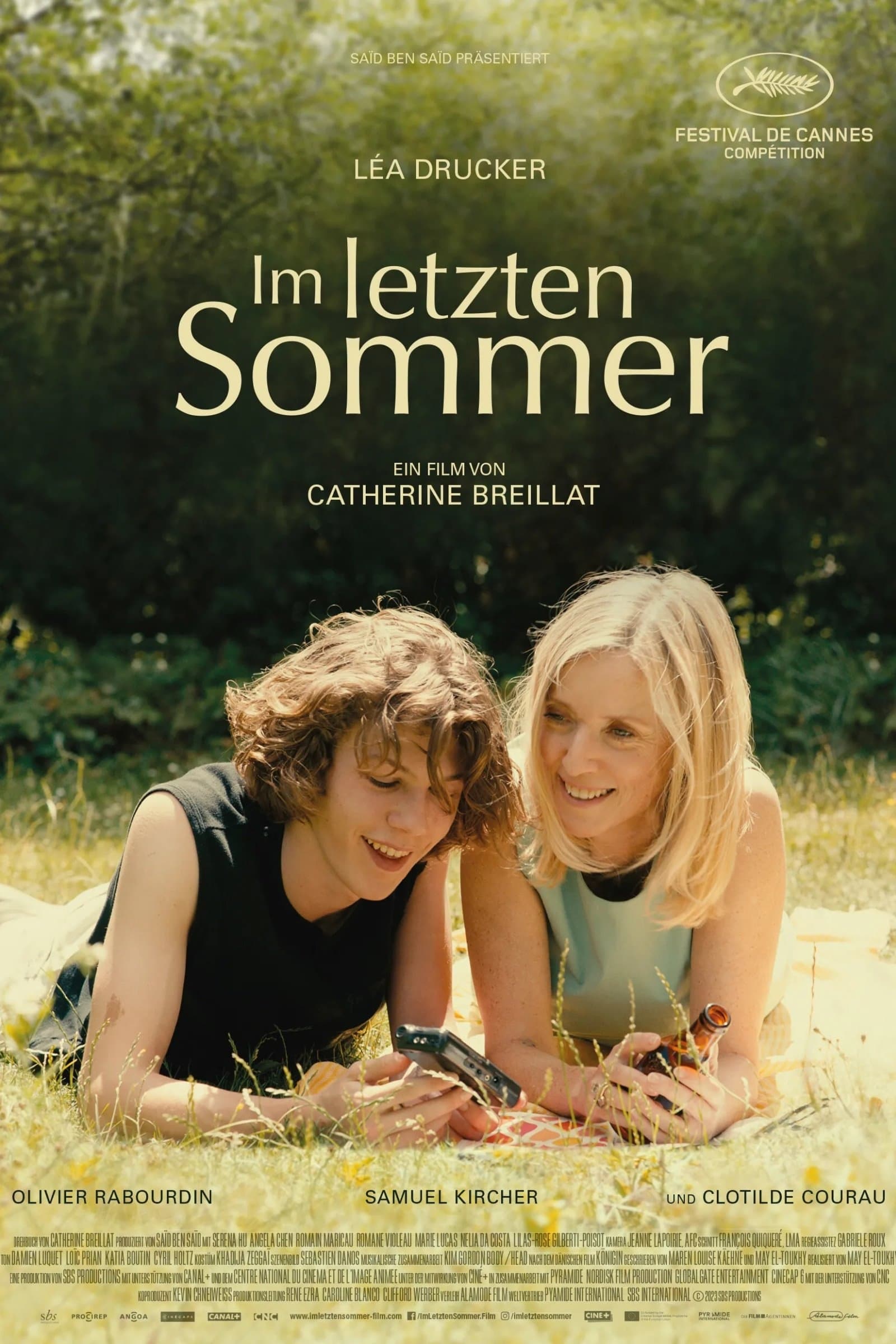
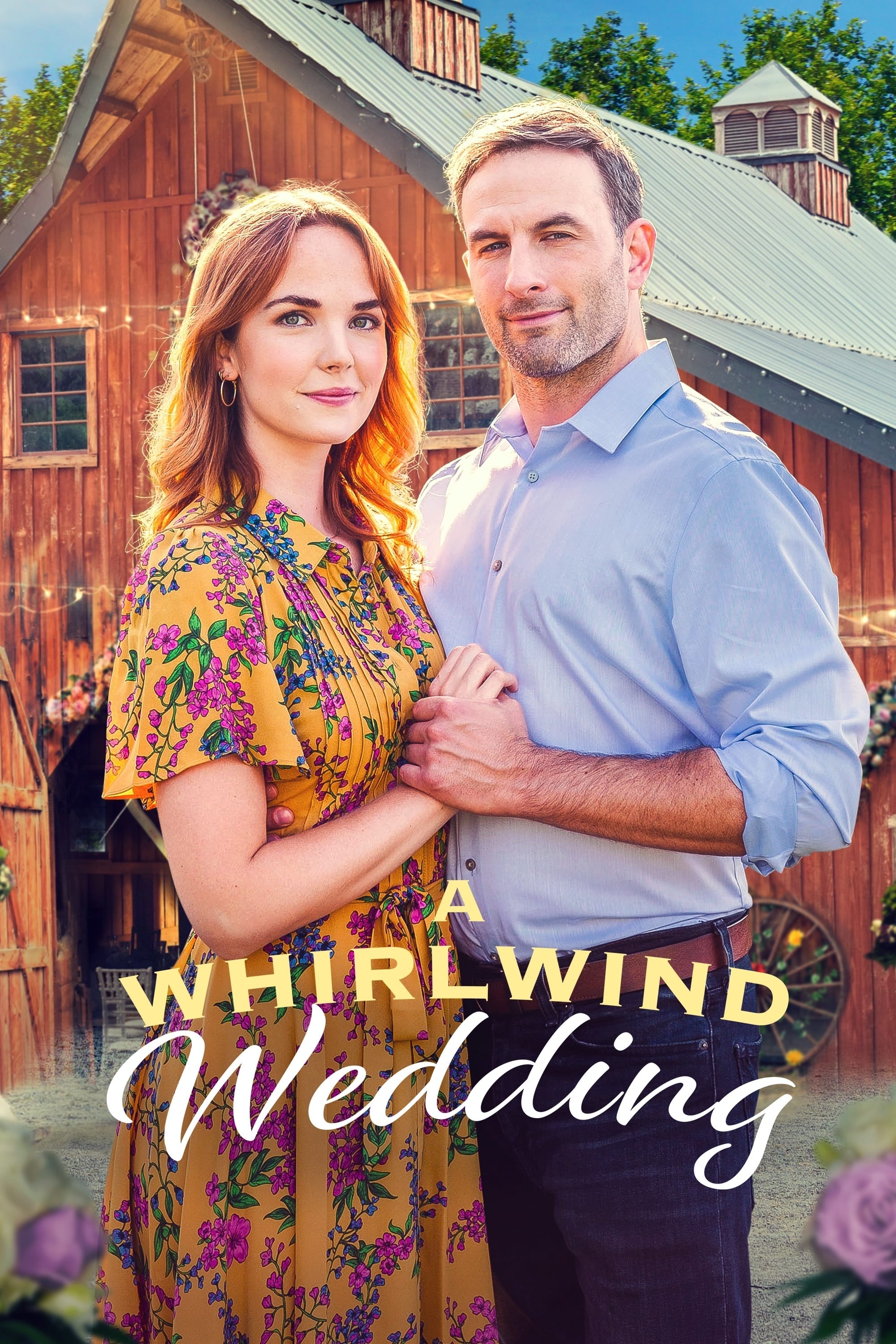

![Glenn Gould - The Complete Columbia Album Collection (2015 Remastered Edition) [Qobuz FLAC 24bit/44,1kHz] Glenn Gould - The Complete Columbia Album Collection (2015 Remastered Edition) [Qobuz FLAC 24bit/44,1kHz]](https://getimg.link/images/imgimgimg/uploads/2017/07/2bHwfbA.jpg)
![Itzhak Perlman - The Complete Warner Recordings 1972-1980 (2015) [FLAC 24bit/96kHz] Itzhak Perlman - The Complete Warner Recordings 1972-1980 (2015) [FLAC 24bit/96kHz]](https://getimg.link/images/imgimgimg/uploads/2019/12/IpmBmeR.jpg)
![Various Artists - 5 Great Operas (2014) [Esoteric Japan] (9x SACD Box Set) SACD ISO + FLAC 24bit/96kHz Various Artists - 5 Great Operas (2014) [Esoteric Japan] (9x SACD Box Set) SACD ISO + FLAC 24bit/96kHz](https://getimg.link/images/imgimgimg/uploads/2020/09/FWyzelW.jpg)
![Andras Schiff - Beethoven: Diabelli-Variationen, Op. 120 (2013) [HDTracks FLAC 24bit/44,1kHz] Andras Schiff - Beethoven: Diabelli-Variationen, Op. 120 (2013) [HDTracks FLAC 24bit/44,1kHz]](https://getimg.link/images/imgimgimg/uploads/2017/02/Zuaqo6e.jpg)
![Marie Van Rhijn - Jacquet de La Guerre: L’inconstante (2018) [FLAC 24bit/192kHz] Marie Van Rhijn - Jacquet de La Guerre: L’inconstante (2018) [FLAC 24bit/192kHz]](https://getimg.link/images/imgimgimg/uploads/2019/12/5fKVSio.jpg)
![Marc Mauillon, Myriam Rignol, Thibaut Roussel & Marouan Mankar-Bennis - Lambert: Lecons de Tenebres (2018) [FLAC 24bit/88,2kHz] Marc Mauillon, Myriam Rignol, Thibaut Roussel & Marouan Mankar-Bennis - Lambert: Lecons de Tenebres (2018) [FLAC 24bit/88,2kHz]](https://getimg.link/images/imgimgimg/uploads/2019/04/HITGNjd.jpg)
![Ensemble Correspondances & Seebastien Dauce - Charpentier: Histoires sacrees (2019) [FLAC 24bit/88,2kHz] Ensemble Correspondances & Seebastien Dauce - Charpentier: Histoires sacrees (2019) [FLAC 24bit/88,2kHz]](https://getimg.link/images/imgimgimg/uploads/2019/12/SAy0dQV.jpg)
![Handel and Haydn Society & Harry Christophers - Haydn: The Creation (2015) [FLAC 24bit/96kHz] Handel and Haydn Society & Harry Christophers - Haydn: The Creation (2015) [FLAC 24bit/96kHz]](https://getimg.link/images/imgimgimg/uploads/2018/05/wSgfZpg.jpg)
![Max Emanuel Cencic - Handel: Ottone, HWV 15 (2017) [Qobuz FLAC 24bit/96kHz] Max Emanuel Cencic - Handel: Ottone, HWV 15 (2017) [Qobuz FLAC 24bit/96kHz]](https://getimg.link/images/imgimgimg/uploads/2017/11/9uXCAkQ.jpg)
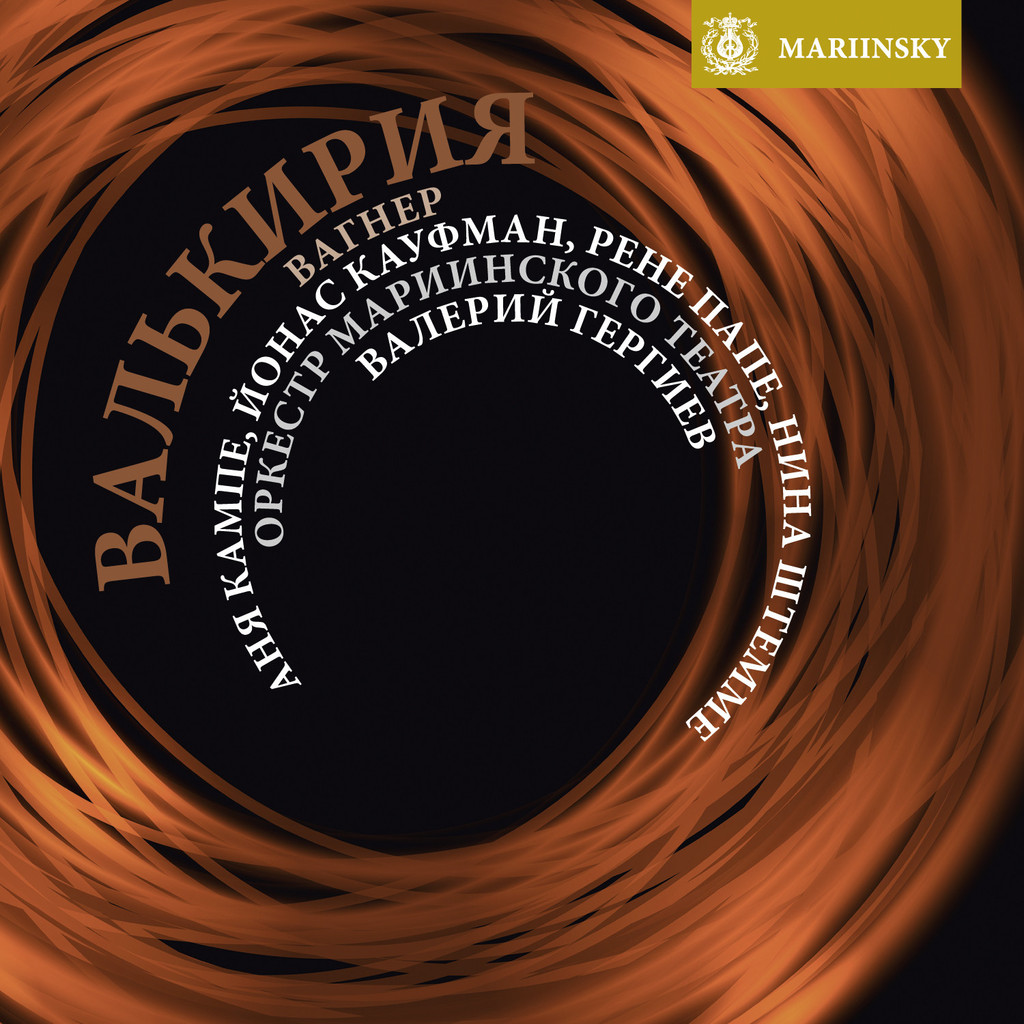
![Claudio Monteverdi - Il ritorno d’Ulisse in patria - Boston Baroque, Martin Pearlman (2015) [FLAC 24bit/96kHz] Claudio Monteverdi - Il ritorno d’Ulisse in patria - Boston Baroque, Martin Pearlman (2015) [FLAC 24bit/96kHz]](https://getimg.link/images/imgimgimg/uploads/2017/08/bzZm9Ef.jpg)
![Ensemble Correspondances & Sebastien Dauce - Charpentier-Pastorale de Noel (2016) [FLAC 24bit/88,2kHz] Ensemble Correspondances & Sebastien Dauce - Charpentier-Pastorale de Noel (2016) [FLAC 24bit/88,2kHz]](https://getimg.link/images/imgimgimg/uploads/2018/02/ddDn4Cf.jpg)
![Piers Lane, Howard Shelley - Williamson: Complete Piano Concertos (2014) [FLAC 24bit/96kHz] Piers Lane, Howard Shelley - Williamson: Complete Piano Concertos (2014) [FLAC 24bit/96kHz]](https://getimg.link/images/imgimgimg/uploads/2017/01/PsKdW8Y.jpg)
![Pacifica Quartet - Dmitri Shostakovich and his Contemporaries: The Soviet Experience Vol. 1-4 (2011-2013) [24bit FLAC] Pacifica Quartet - Dmitri Shostakovich and his Contemporaries: The Soviet Experience Vol. 1-4 (2011-2013) [24bit FLAC]](https://getimg.link/images/imgimgimg/uploads/2017/07/ntIbtOp.jpg)
![Dunedin Consort - J.S. Bach: Matthew Passion (Final version, c. 1742) (2008) [LINN FLAC 24bit/88,2kHz] Dunedin Consort - J.S. Bach: Matthew Passion (Final version, c. 1742) (2008) [LINN FLAC 24bit/88,2kHz]](https://getimg.link/images/imgimgimg/uploads/2017/07/WBfLR2w.jpg)